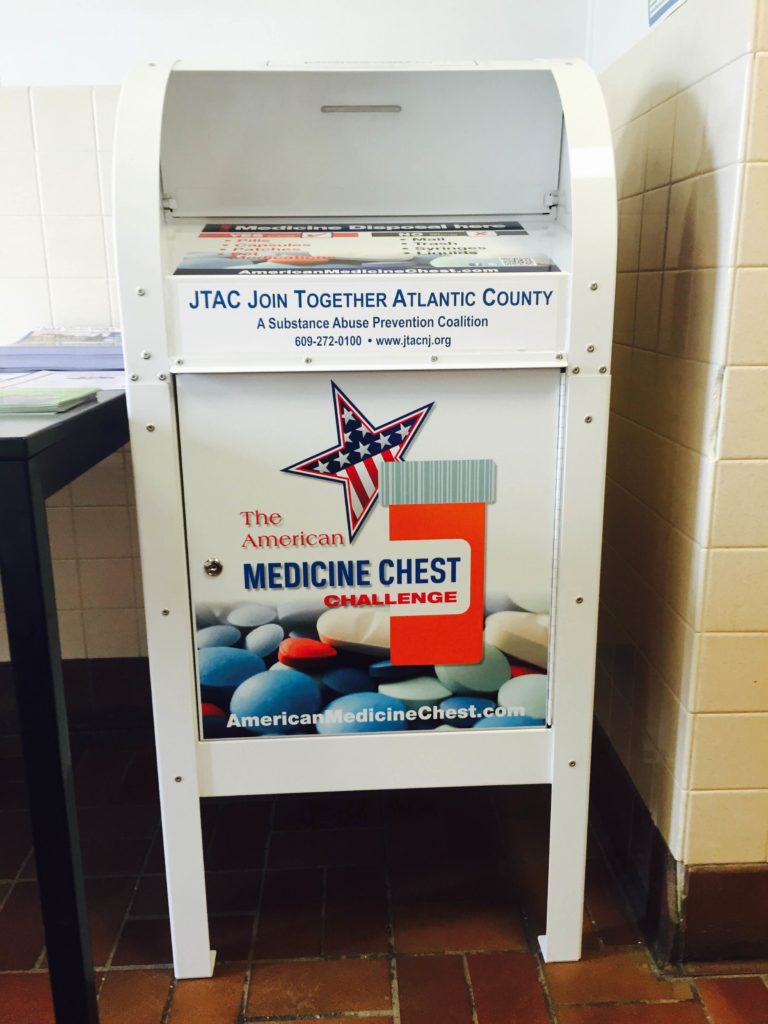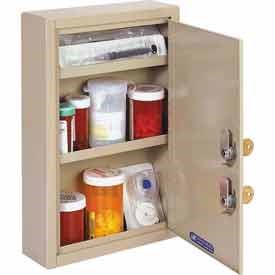Deterra bags are being distributed at physicians' offices throughout Atlantic County.
Join Together Atlantic County, a substance misuse prevention coalition, is partnering with local pharmacies and physicians to help them educate their patients about proper medication disposal methods.
Misuse of prescription and over-the-counter (OTC) medication has been one of the main contributors to the opioid epidemic, and has led to addiction, hospitalization, overdoses and even death.
One of the best ways to have a safe community, and to protect the environment in the process, is by disposing of any unwanted, unused or expired medications by properly disposing of them in a permanent medication disposal drop box or with a medication disposal bag. JTAC staff have been visiting pharmacies and physicians' offices throughout Atlantic County to distribute drug disposal information and materials.


According to the National Institute on Drug Abuse in 2017, an estimated 18 million people (more than 6% of those aged 12 and older) have misused such medications at least once in the past year. Misuse of prescription drugs is highest among young adults ages 18-25, with 14.4% reported non-medical use in the past year. Among youth ages 12-17, 4.9% reported past-year non-medical use of prescription medications.
This coalition project is funded by a Comprehensive Addiction and Recovery Act grant from the Office of National Drug Control Policy and Substance Abuse and Mental Health Services Administration.
For more information, see www.jtacnj.org or call 609-272-0101.